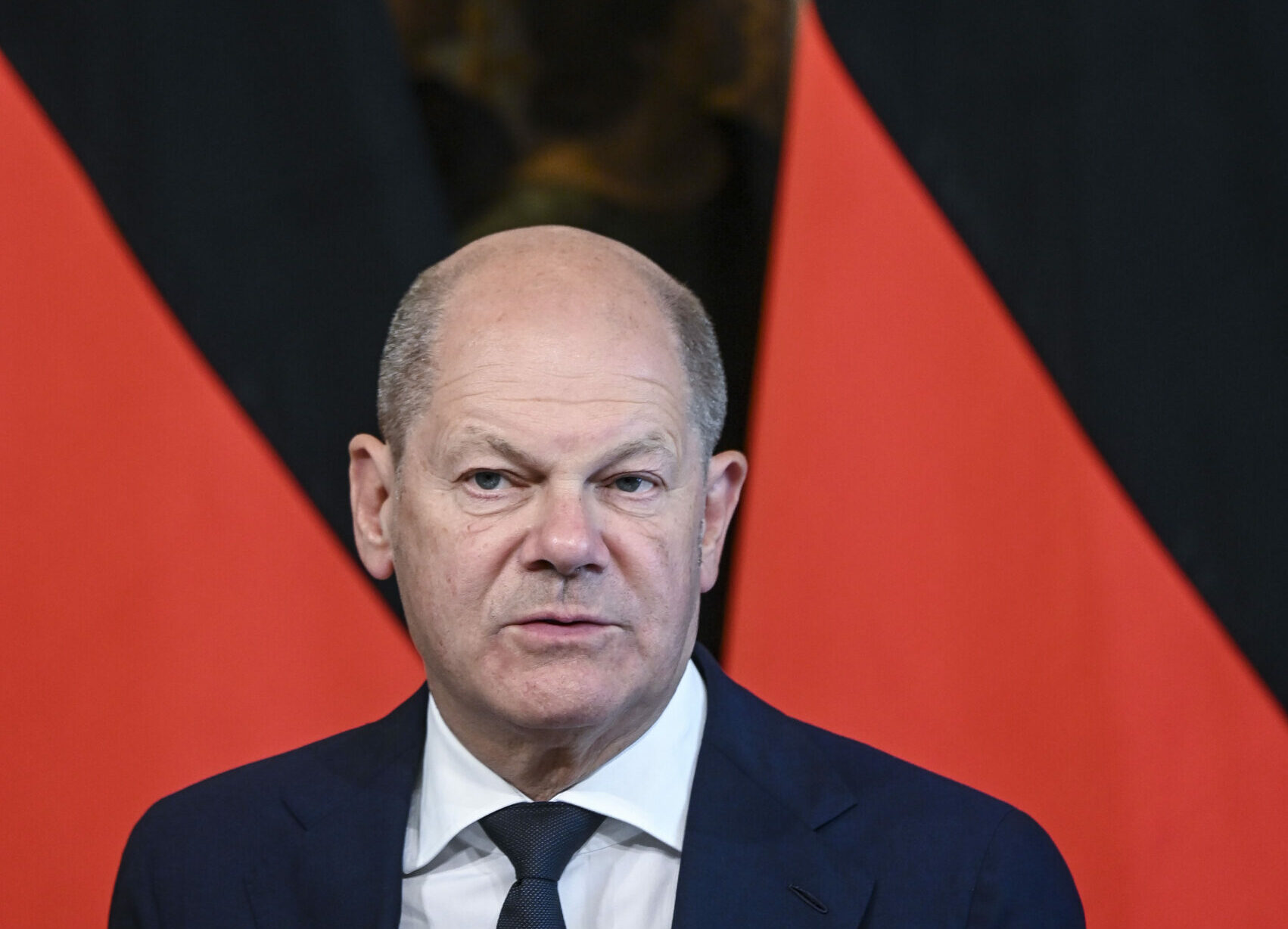Even in austere Germany they are fed up with the rigidity of the ECB

In the German economic press, close to German entrepreneurship, one can read less than tender analyzes and comments on the ECB
Berlin schizophrenia. After the Bundesbank has accompanied the European Central Bank's (ECB) frenzied race to raise rates with trumpets for months, now the request that is more or less explicitly rising from the German economic world is to engage in reverse as quickly as possible.
THE HANDELSBLATT 'S ACCUSATION TO THE ECB
Responsiveness is certainly not the main quality of Germans. Thus the accusation that the Handelsblatt now directs at the institute fearfully led by the Frenchwoman Christine Lagarde sounds ungrateful to say the least. “With rising inflation, the European Central Bank hesitated for months before raising interest rates, too long according to the majority of economists,” writes the German business daily, “now it's the opposite: inflation is in retreat and the ECB is suspected of having repeated the mistake of two years ago. This time waiting too long before lowering key interest rates."
INFLATION IN GERMANY
The Handelsblatt lists the data on house prices. The inflation rate in Germany continued to fall in February, even more sharply than expected: from 2.9 to 2.5 percent, according to an estimate from the Federal Statistical Office in Wiesbaden. In short, the ECB's target of 2% is getting closer. And this inspires investors, contributing to the positive mood of the stock markets. Germany's main index, the Dax, reached a new record high of 17,742 points on Thursday, February 29, the sixth consecutive day with an all-time high. And Wall Street also posted gains, on the back of similarly encouraging price data in the United States.
Investors therefore appreciate the prospect of a decline in interest rates, because it improves the earnings prospects of companies, the Düsseldorf newspaper now reports almost scholastically, and they also reduce the income from fixed-rate securities such as bonds, making shares more interesting .
THE EXPERT'S OPINION
The problem, as the expert called for support explains, is that “the economy has weakened considerably and there is a high risk that Germany will suffer another recession this year. The main brake on economic policy, in addition to fiscal policy, is monetary policy. Above all, high interest rates slow down investments and put the success of the transformation at risk."
The words are from Marcel Fratzscher, president of the DIW in Berlin, the Deutsches Institut für Wirtschaftsforschung, one of the most authoritative economic research centers in the country. Of course, Fratzscher is not exactly the personification of German economic orthodoxy, indeed in his homeland he enjoys a reputation almost like Cassandra. In the past years, those of Merkel's Bengodi, he attracted many dislikes by publishing a book that today appears prescient, "The German Illusion", in which he highlighted the structural delays that made that boom fragile and which should have been remedied with robust policies of investments, even resorting to debt given that rates were low at the time.
However, it is interesting that his signature is now a constant in the Handelsblatt's external contributions and that his theses are no longer the ideas of an outsider but a point of orientation.
IS GERMANY REALLY THE SICK OF EUROPE?
And then there is the German economy, in trouble, which needs everything except monetary tightening. The news is that now the Handelsblatt has also noticed it.
Fratzscher writes again: Germany is not the sick man of Europe and neither the German nor the European economy is in crisis, growth estimates are significantly reduced but we are far from what is defined as an economic crisis. “The biggest economic policy challenge is structural: businesses urgently need to make more investments to adapt to new technologies, digitalize and become more innovative in the medium term. This is because investments often take many years to implement and take effect. This requires not only structural reforms and a more expansionary fiscal policy – which currently seems impossible due to Germany's obsession with the debt brake – but also a less restrictive monetary policy.”
The ECB – this is now the lament of the German business world – risks repeating the mistake of two years ago and acting late. The Handelsblatt is almost certain of this and concludes dejectedly: “A rate cut next Thursday is not yet an option. The statements of the main central bankers up to the head of the ECB, Christine Lagarde, do not allow us to draw any other conclusions. The rate cut will take place no earlier than April. But it could take another three months, if not more."
This is a machine translation from Italian language of a post published on Start Magazine at the URL https://www.startmag.it/mondo/germania-handelsblatt-critica-bce/ on Sat, 02 Mar 2024 06:03:10 +0000.
